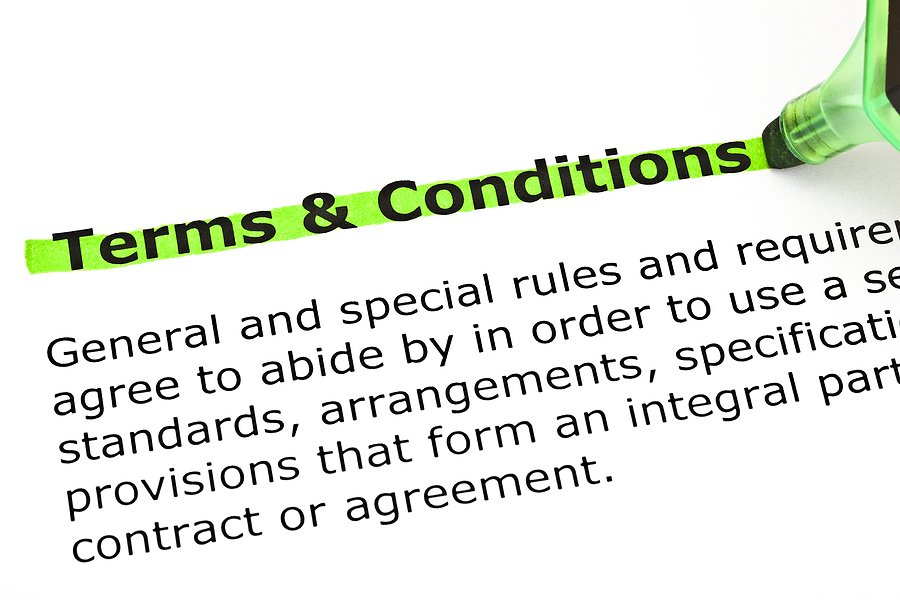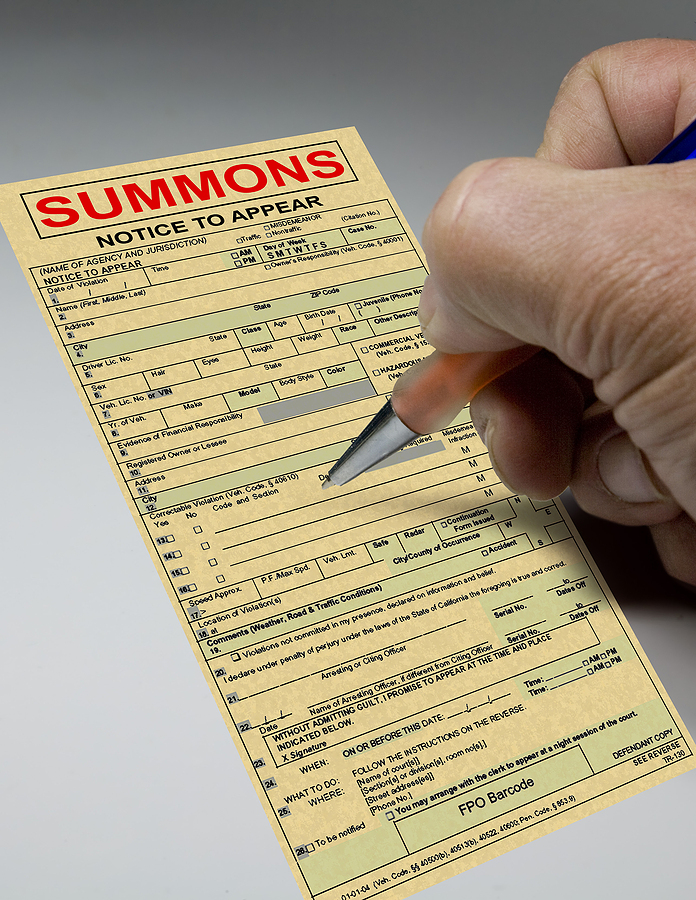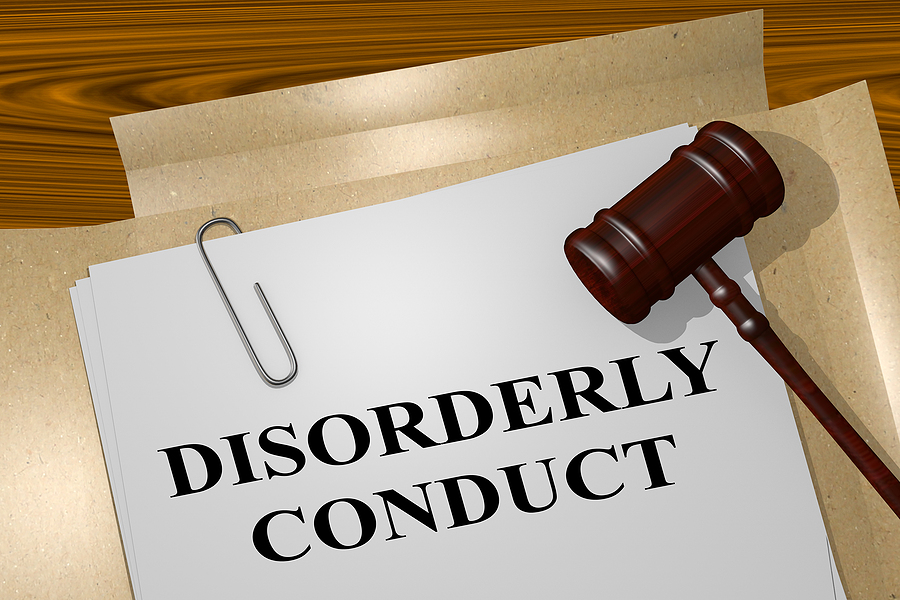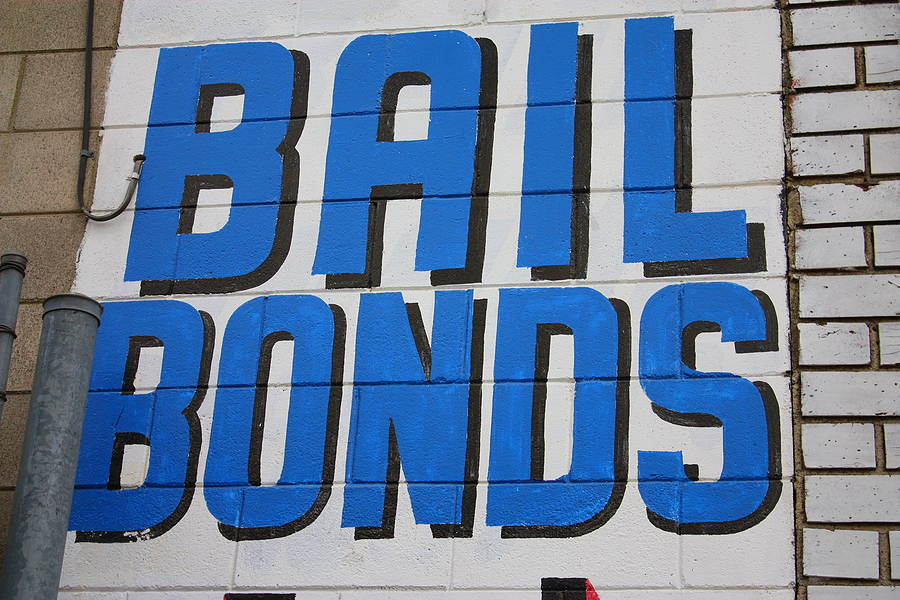Navigating the bail bond process in Indiana can be complex and stressful, especially for those unfamiliar with the legal system. Whether you’re a local resident, a family member of a detainee, an arrest warrant defendant, or a suspected criminal, this guide aims to provide clear and comprehensive information on Indiana bail bond conditions, ensuring you are well-prepared and informed.

Indiana Bail Bond Conditions and Relevant Laws
When someone is arrested, securing their release from jail often involves navigating the bail bond system. In Indiana, bail bonds are financial arrangements that ensure a defendant’s appearance at future court dates. Indiana has specific laws governing bail bonds, which determine eligibility, types of bonds, and the overall bail process. Key elements include:
☑ Eligibility
There are many defendants who are not eligible for bail. Factors such as the severity of the crime, previous criminal record, and flight risk are considered.
☑ Types of Bonds
- Cash Bond: The full bail amount is paid in cash.
- Surety Bond: A bail bondsman pays the bail on behalf of the defendant, typically charging a non-refundable fee.
- Property Bond: Real estate property is used as collateral to secure the bail amount.
☑ Bail Process:
- Arrest: The defendant is taken into custody.
- Booking: The defendant’s information is recorded.
- Bail Hearing: A judge determines the bail amount and conditions.
- Posting Bail: The bail amount is paid, allowing the defendant’s release.
A Guide for Family Members
Supporting a loved one through the bail process can be challenging. Here are some practical tips:
Their Rights:
- The right to be informed of charges.
- The right to an attorney.
- The right to a prompt bail hearing.
Responsibilities:
- Ensure the defendant attends all court dates.
- Understand the financial implications of posting bail.
- Communicate regularly with the bail bondsman if one is involved.
Understanding the Terms and Conditions of Bail
Courts often impose specific conditions for a defendant’s release on bail. Violating these conditions can result in bail revocation and re-arrest. Common conditions include:
- Travel Restrictions: Defendants may be required to stay within a certain area.
- Drug Testing: Regular drug testing to ensure sobriety.
- No Contact Orders: Prohibiting contact with certain individuals.
- Curfews: Defendants may need to adhere to specific curfew hours.
Financial Implications
Posting bail can be financially burdensome. It’s important to ensure you understand the costs involved, including the bail amount set by the court, the bail bondsman’s fee, which is usually a percentage of the total bail amount, and any collateral that may be required to secure the bond. Additionally, consider any potential legal fees and court costs that might arise during the process. Being well-informed about these expenses can help you better prepare for the financial commitment involved in posting bail.
How to Secure a Bail Bond Through a Bail Bondsman
A bail bondsman acts as a surety, guaranteeing the defendant’s appearance in court. They charge a non-refundable fee for their services and may require collateral. Securing a bail bond involves several steps:
1) Contact a Bail Bondsman: Research local bail bondsmen and choose a reputable one.
2) Provide Information:
- Defendant’s full name and date of birth.
- Jail location and booking number.
- Bail amount and charges.
3) Sign the Bail Bond Contract: The contract outlines the terms and financial obligations.
4) Pay the Fee: Typically 10% to 15% of the total bail amount.
5) Release: The bail bondsman posts the bond, securing the defendant’s release.
Conclusion
Understanding Indiana bail bond conditions is crucial for anyone involved in the bail process. From knowing the laws and conditions to securing a bail bond, being informed can make a significant difference. By following this guide, you’ll be better equipped to handle the complexities of the bail bond process in Indiana, ensuring a smoother and more informed experience.
If you or a loved one are facing an arrest or need to bail someone out, consider seeking advice from a local bail bondsman. They can provide expert guidance and support throughout this challenging time.
If you are looking for more detailed information and personalized assistance, don’t wait—get the help you need today. Contact Woods Bail Bonds at 317-876-9600 for 24 hour bail bond services in Indianapolis, Indiana you can trust. We also offer prearranged bail bond service for arrest warrants and probation violations.
Related Posts:
What Happens if I Fail to Appear for Court in Indianapolis?
Am I Allowed to Travel if I’m Released on a Bail Bond?
How Long Will I Be Out on Bail?









